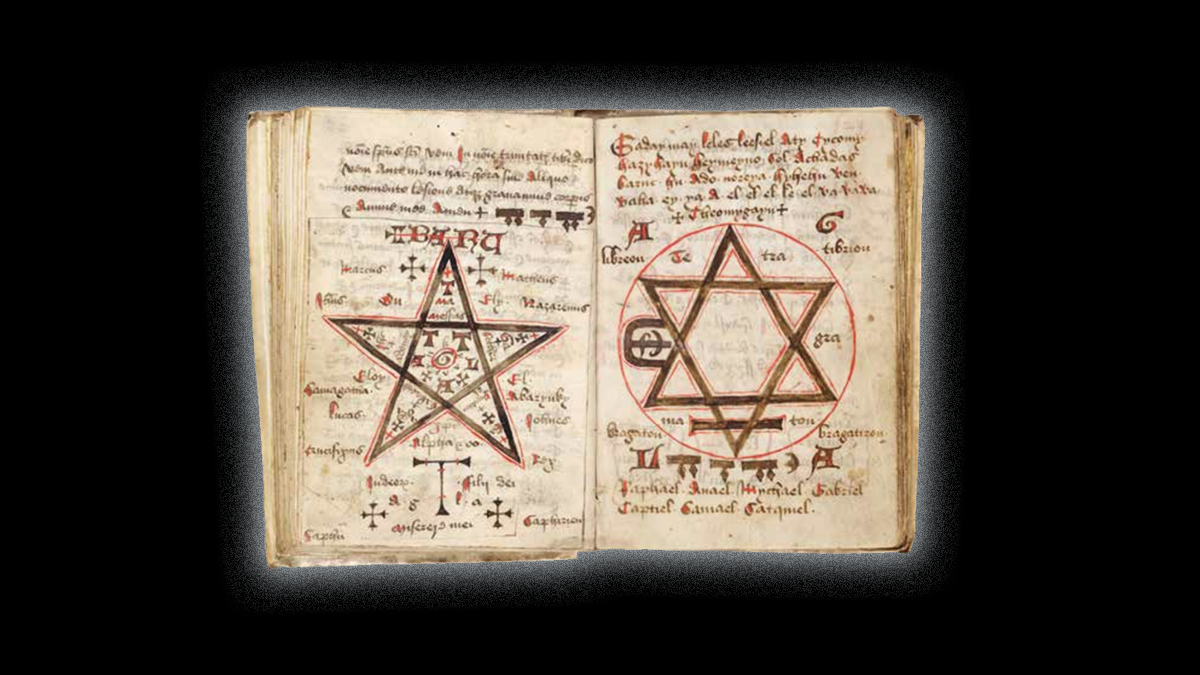Having set company-wide goals, The Container Store has “liberated” its employees to choose their own paths to achieve them.
Question: How does an employee-centric business lead to long-term gains?
Kip Tindell: When we opened our Houston store, it was doing about triple what we anticipated and all of the principles, all of the values were kind of falling by the wayside, and it didn’t feel like our business. It felt like somebody else’s business. We couldn’t hire enough people, we didn’t like the people we were hiring. And at that point, we just realized that if you were having trouble with an employee, you couldn’t just go out and eat Mexican food with them and straighten everything out. There was just getting to be too many people. And so we would have to, in for form of stories, in the form of culture, write down, speak what the business philosophies and principles really were, repeat them over and over again. Get everyone to talk about these things. And really, make sure that they were kind of guiding our... Basically what we’ve done is we’ve agreed on a set of "ends," and we’ve liberated everyone in the company to choose the means to those ends that they think is most appropriate, because life it too situational and retail is certainly too situational for anyone to think that they’re smart enough to tell employees how to behave in any given setting. So there’s really radical empowerment, but we’re not going in a thousand different directions, we’re all going in the same direction toward the same ends because of that.
So whereas, the average retailer... the average retailer, embarrassingly enough only invests eight hours in each first-year employee. And we invest 272 formal hours of training with each first-year employee. And we can do that because people have joined The Container Store, and thank God they never leave. And so growth challenges you to really formalize and communicate those to make sure they are straight in your own mind and you know...
The other thing is the employees are so proud of these philosophies. They’re so proud to be working for a kind of a values-driven organization. The other thing is that in this conscious capitalism model where you’re balancing the needs of all stakeholders, not just the shareholder, the employees, the community the environment, the vendors, you can’t tell the difference between the vendors and employees at The Container Store. We forge these incredible relationships with our vendors that give us a huge competitive advantage.
I think that’s probably the most intellectually stimulating aspect of business that I’ve discovered that the balancing act of the stakeholder model where you may put the employee or the customer first, but it’s a balanced thing between all stakeholders of the business as opposed to just focusing on the shareholder. That’s fun. And it’s not just fun, and it’s not just altruistic, it works. That’s the hardest thing about talking about conscious capitalism to people.
People think that we’re just being altruistic. No, if all you wanted to do was to make as much money as possible, as rapidly as possible, I would submit to you that this methodology is the best way to get there.
Question: What is your concept of "Wake?"
Kip Tindell: W-A-K-E, like a boat’s wake. Very simple, but you know, we all... I mean everything you do and everything you don’t do impacts your business and the people around you far, far more than you think it does. Something that we talk about, not just with our young employees but everybody—even arrogant people have no idea of the power of their wake. If you build an organization where everyone’s really conscious of their wake... well actually, “It’s a Wonderful Life.” You know that corny movie, “It’s a Wonderful Life?” That’s my favorite movie because it shows so beautifully the power of one guy’s wake. Right? And everybody’s like that.
If you build an organization where people are mindful and conscious of the incredible power of every individual’s wake, you know, nobody can compete with that. That’s a beautiful, special organization where... well there’s a lot of power to the whole concept of being mindful of how much bigger your wake is than you have any idea that it is.
Recorded October 28, 2010
Interviewed by John Cookson





